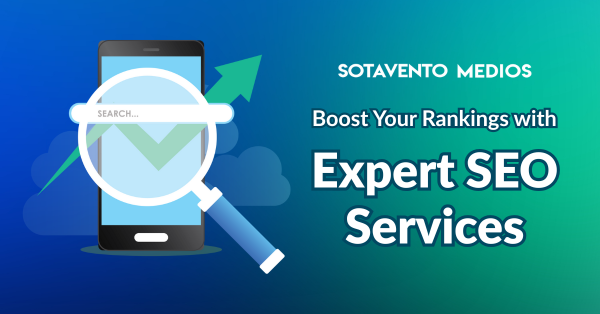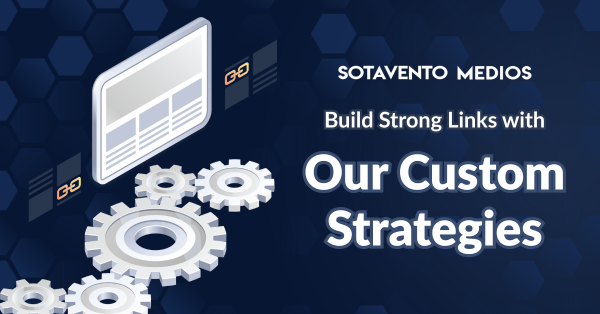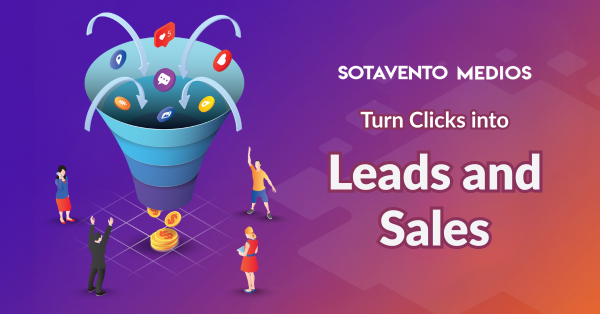The role of the Chief Marketing Officer (CMO) has always been the center of creativity, brand management, and market data. Today, however, this role is undergoing a significant change. This shift is not just about new platforms; it’s about how we process information and make decisions using Artificial Intelligence (AI). For B2B leaders and technical SEO specialists at companies like Sotavento Medios, the focus needs to shift from simply using AI tools to actively managing an AI-first marketing system. The future CMO is not just a technology user; they will serve as the organization’s Chief AI Officer (CAIO) for customer-focused systems.
This strategic change requires a thorough, data-driven look at AI’s effects in three key areas: operational efficiency, technical SEO, and the crucial aspect of brand trust.
The Operational Imperative: From Efficiency to Strategic Velocity
AI initially impacted marketing by automating repetitive tasks like content writing, email segmentation, and ad optimization. For today’s CMO, this is now standard practice. The new operational goal is to use AI to gain strategic speed and drive significant, measurable business results.
The Rise of Agentic AI and Content Pipelines
Traditional AI models needed constant human involvement. Now, we see the rise of Agentic AI—autonomous systems that can handle entire marketing processes, from gathering data to launching campaigns.
- Content Lifecycle Automation: CMOs are reallocating resources from content creation to strategic prompting and editing. Tools are capable of analyzing buyer intent, generating initial drafts of SEO-optimized articles, adapting them for different markets, and even scheduling their release. The marketing team’s focus shifts to Subject Matter Expert (SME) validation and adding valuable, unique insights that AI cannot replicate.
- Predictive Budget Allocation: AI models are now advanced enough to exceed descriptive analysis. They use past performance and real-time market signals to suggest budget reallocations to campaigns with the highest predicted returns on investment before major spending occurs. This change positions the CMO as a key driver of revenue efficiency, closely working with the CFO.

Technical Insight: The main benefit of agentic AI for B2B is not cost savings, but the speed of iteration. By automating the testing and learning process for campaigns, a CMO can run hundreds of optimized tests in the time it used to take to complete one, significantly reducing the time from market insights to realized revenue.
The Technical SEO & Generative Search Reckoning
Google’s use of Generative AI through its Search Generative Experience (SGE) has changed the technical SEO landscape. Gaining a ranking position is quickly being replaced by establishing a presence in the AI layer of search. For technical specialists, this creates a visibility crisis that the CMO must manage strategically.
Structuring Content for AI Retrieval, Not Just Ranking
Generative search favors content that is clear, contextually appropriate, and easily found by Large Language Models (LLMs). The signal is shifting from keyword density to topical authority and clear expression.
- The Intent-Driven Architecture: Technical teams must use AI tools, such as advanced crawlers and semantic clustering engines, to organize content around broad user motivations (e.g., “choosing the right MarTech stack”) instead of just individual keywords (e.g., “MarTech stack tools”). This requires creating extensive Content Clusters where a Pillar Page is supported by many interlinked, informative sub-pages, demonstrating unquestionable topical authority to the AI.
- Schema Markup and Structured Data for SGE: A new technical priority is optimizing content for AI retrieval. This involves thoroughly using structured data (Schema markup) on every key page, especially FAQ schema, HowTo schema, and Organization schema. Content must be organized with clear, concise answers that LLMs can easily retrieve for AI Overviews, ensuring the brand receives attribution while the searcher finds the right answer.
The New Accountability: Data Governance and Trust
The CMO’s role is expanding to include data governance and compliance. The ethical use of AI, particularly in B2B where data integrity is vital, has become a key differentiator.
- Internal LLM Vetting: CMOs must create guidelines to vet third-party AI tools for security and data handling. They need to ensure that proprietary customer or marketing data is never shared with public LLMs. A lack of an AI strategy or insufficient AI-savvy staff poses a significant risk to data privacy and regulatory adherence.
- Human-in-the-Loop Content Validation: The risk of AI making up facts is too great for B2B content aimed at knowledgeable buyers. A mandatory human-in-the-loop process should be in place where subject matter experts are the final reviewers, checking AI-created content for technical accuracy, brand tone, and strategic detail. This preserves the content’s authority, providing a solid defense against generic AI output.
The New CMO Mandate: Chief Commercial & AI Officer
The integration of AI has blurred the lines between marketing, sales, IT, and data science. The CMO is no longer just responsible for branding and lead generation; they are increasingly seen as the Chief Commercial Officer (CCO), accountable for the seamless, data-driven customer experience from the first interaction to final conversion.
The most successful leaders will be those who can encourage collaboration across functions, using AI as the connecting force. This includes:
- Leading Tech Stack Modernization: Collaborating with the CIO and CTO to ensure that the marketing technology stack effectively integrates AI capabilities, promoting a unified view of the customer across all interactions.
- Unifying Sales and Marketing: Utilizing AI for predictive lead scoring and customized sales support materials, ensuring both teams focus on the most promising prospects with coordinated messaging.
- Championing Ethical AI: Focusing on transparency and establishing clear ethical guidelines for all AI uses, thus building the digital trust essential for long-term B2B relationships.
The AI era is not just about automation; it is about enhancement. The CMO who masters AI will improve their team’s skills, increase marketing efficiency, and, most importantly, boost their influence within the C-suite as a leader who achieves measurable, smart growth.

A Partner for the AI-Driven C-Suite
Transforming the CMO role into the Chief AI Officer is a strategic process that requires technical knowledge and a clear plan. If your organization is struggling to align its technical SEO, content strategy, and MarTech stack with the future of generative AI—or if your B2B content lacks the authoritative, data-driven quality needed to stand out in SGE—Sotavento Medios can help.
Would you like us to arrange a technical SEO audit and AI strategy session to evaluate your generative search risks and outline a path for AI-driven business growth?

















